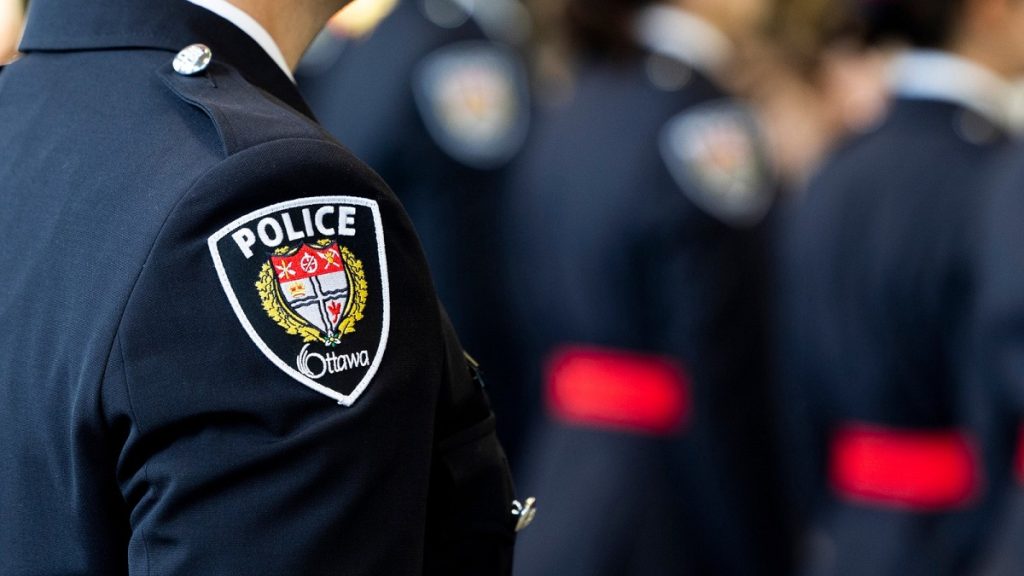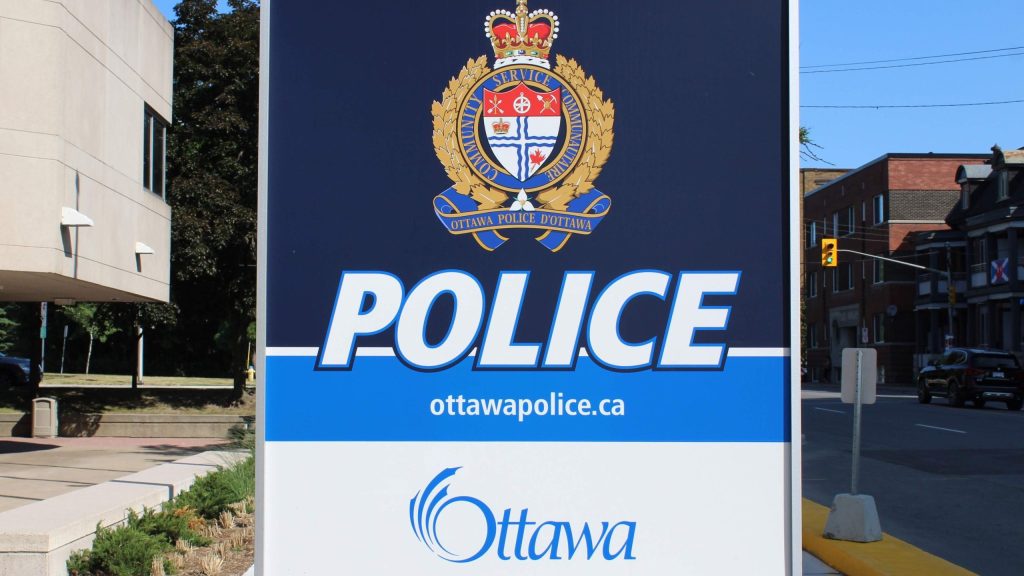Ottawa police reporting 91 calls involving drug overdoses so far this year, 21 deaths
Posted Mar 12, 2021 08:33:00 PM.
The Ottawa Police Service (OPS) is reminding the public about what to do when witnessing a drug overdose, as well as how to spot one, as officers continue to be called to a high volume of incidents involving overdoses.
So far in 2021, police have been called to 91 instances where a resident has been overdosing on drugs. Unfortunately there have been 21 deaths in those cases.
In 2020, Ottawa Police responded to 542 calls for service related to overdoses, with 83 people dying following those incidents.
“As a community we need to stay focused on the crisis of overdoses we are seeing,” says Insp. Carl Cartright. “Anything can be cut with fentanyl. This means there is no way to be sure of what is exactly in drugs obtained from anywhere other than a pharmacy. If you get them from a friend, order them online, buy them from a dealer, or anywhere similar, you don't know how toxic they may be.”
Ottawa police officers administered Naloxone 115 times in 2020, saving 103 lives. So far this year, the OPS says eight people have been saved.
Just last week, officers responded to a call for an unconscious man, overdosing in the ByWard Market area. After officers assessed the man, Naloxone was administered and he was revived.
According to Ottawa Public Health (OPH), an overdose happens when a person uses more of a drug, or a combination of drugs, than the body can handle. As a result, the brain is not able to control basic life functions.
The person may:
- Pass out;
- Stop breathing;
- Have a heart attack; or
- Experience seizures, depending on what drugs they have used.
The OPS says signs and symptoms of an overdose may look different from one person to the next, depending on the drugs involved. OPH offers several services and information tools to residents regarding drug use.
Individuals who use drugs are reminded to:
- Never use alone — If you overdose when you are alone there will be no one there to help you. If you are using with someone else, don't use at the same time;
- Don't mix drugs — Mixing with other drugs puts you at a higher risk of overdose;
- Go slow — The quality of street drugs is unpredictable. Anything can be cut with Fentanyl or Carfentanil;
- Know your tolerance — Your risk of overdose increases if you are a new user or haven't used in more than three days;
- Consider visiting one of the four Supervised Consumption and Treatment Services (CTS) locations in Ottawa.
Anyone with a friend or family member who chooses to use drugs is encouraged to:
- Know the signs of an overdose and call 911 — an overdose is always a medical emergency;
- Carry naloxone;
- Call 911 immediately if you witness an overdose — Give naloxone, perform rescue breathing and/or chest compressions, and stay with them.
Signs of an opioid overdose may include:
- Breathing will be slow or absent;
- Lips and nails are blue;
- Person is not moving;
- Person may be choking;
- Person will make gurgling or snoring sounds;
- Person can't be woken up;
- Skin feels cold and clammy; and/or
- Pupils are tiny (also known as pinpoint).








